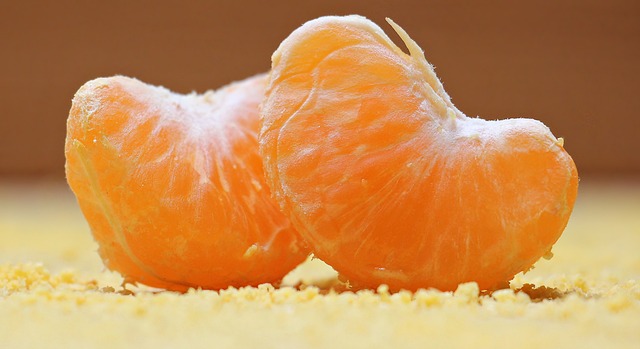The Ultimate Guide to Understanding Prebiotics vs Probiotics
When it comes to gut health, the terms “probiotics” and “prebiotics” are often used interchangeably. However, these two terms actually refer to different things. In this guide, we will explore the differences between prebiotics and probiotics, their respective benefits for your health, and how to incorporate them into your diet.
What are probiotics?
Probiotics are live bacteria and yeasts that are good for your digestive system. These beneficial microorganisms are found in some fermented foods such as yogurt, kefir, kimchi, sauerkraut, and kombucha. They can also be taken as supplements.
Probiotics work by maintaining a balance of “good” and “bad” bacteria in your gut. They can help improve digestion, boost your immune system, and improve your overall gut health.
What are prebiotics?
Prebiotics are non-digestible fibers found in certain foods such as garlic, onions, bananas, asparagus, and oats. They work by feeding the good bacteria in your gut, helping them to grow and thrive. This can lead to better digestion, improved nutrient absorption, and a stronger immune system.
The difference between prebiotics and probiotics:
The main difference between prebiotics and probiotics is that prebiotics are the food source for probiotics. Probiotics are live bacteria that need prebiotics to survive and thrive in your gut. Essentially, prebiotics are the fuel and probiotics are the engine.
Both prebiotics and probiotics have important roles to play in maintaining gut health. While probiotics help to populate your gut with beneficial bacteria, prebiotics work to feed and nourish these bacteria. In order to achieve optimal gut health, it is important to incorporate both prebiotics and probiotics into your diet.
The benefits of prebiotics and probiotics:
Benefits of probiotics:
- Improved digestion: Probiotics can help reduce symptoms of digestive disorders like irritable bowel syndrome (IBS) and inflammatory bowel disease (IBD).
- Stronger immune system: Probiotics can help boost your immune system by increasing the production of antibodies and white blood cells.
- Improved mental health: There is emerging evidence that probiotics may have a positive effect on mental health, reducing symptoms of anxiety and depression.
Benefits of prebiotics:
- Better digestion: Prebiotics can help promote healthy bowel movements and alleviate symptoms of constipation.
- Improved nutrient absorption: Prebiotics can help your body absorb important nutrients like calcium, magnesium, and iron.
- Reduced risk of chronic diseases: Prebiotics have been linked to a reduced risk of chronic diseases such as obesity, type 2 diabetes, and heart disease.
How to incorporate prebiotics and probiotics into your diet:
Fortunately, there are many delicious and healthy ways to incorporate both prebiotics and probiotics into your diet. Here are some ideas:
Probiotic-rich foods:
- Yogurt: Look for yogurts that contain live and active cultures.
- Kefir: This fermented milk drink is similar to yogurt but has more probiotic strains.
- Kimchi: A spicy Korean dish made from fermented vegetables.
- Sauerkraut: A classic German dish made from fermented cabbage.
- Kombucha: A fermented tea drink that is becoming increasingly popular in health circles.
Prebiotic-rich foods:
- Garlic: Add minced garlic to your soups, stews, and stir-fries
- Onions: Add chopped onions to your salads, omelettes and sandwiches.
- Bananas: A perfect snack by itself, or add to smoothies, salads, or oatmeal.
- Asparagus: Grilled, roasted, or sautéed, this veggie is delicious in any form.
- Oats







